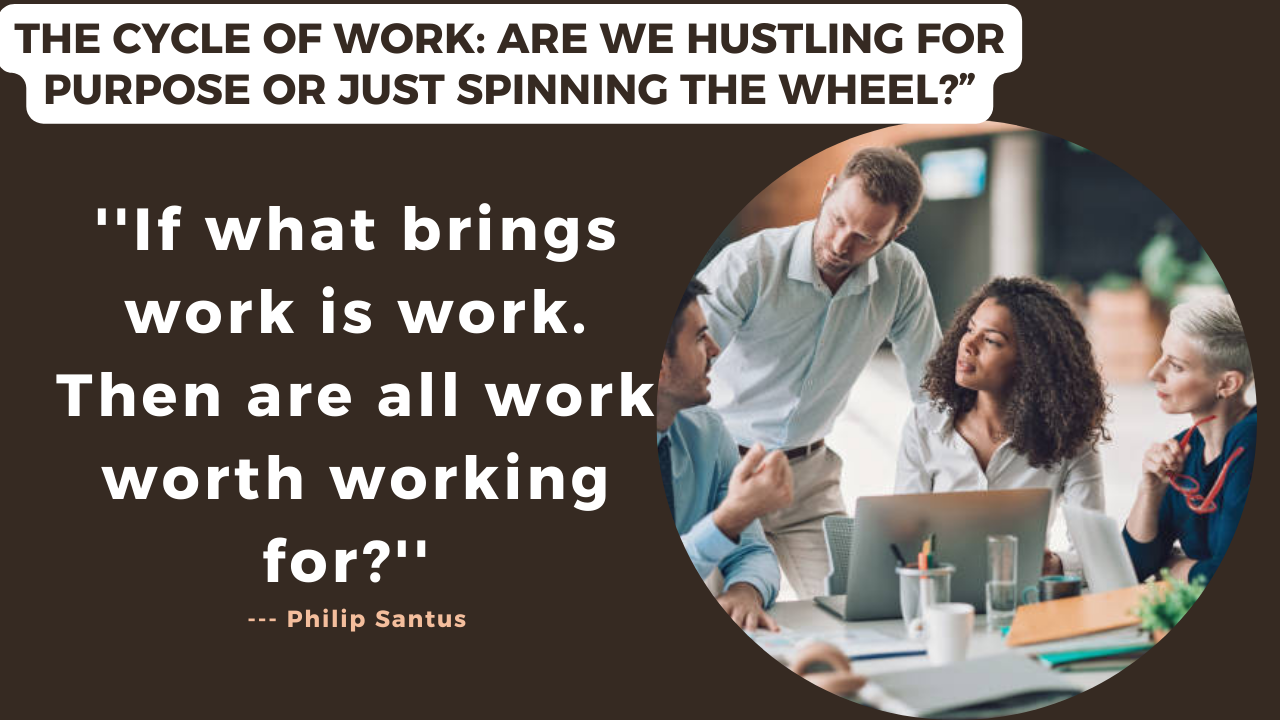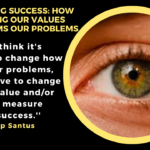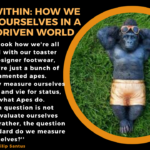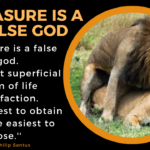(THE QUOTE)
”If what brings work is work.
Then are all work worth working for?” — Philip Santus
THE DEEP MEANING:
This profound quote can be divided into sections and analyzed, as it challenges our perception of work, its purpose, and its intrinsic value. Here’s an in-depth exploration of each part and solutions to address the underlying questions.
1. “If what brings work is work.”
Analysis:
This phrase highlights the cyclical nature of work: we often engage in one type of work to create opportunities for more work. It suggests that work begets work, implying that the system is self-perpetuating and potentially unending. The focus is on how labor and effort are constantly required to maintain or generate employment, opportunities, or results.
Key Question:
Is this cycle meaningful, or are we trapped in a loop of constant productivity without reflection?
Solution:
- Pause to Evaluate Purpose: Regularly assess the reason behind your work. Ask yourself: Does this work align with my goals, values, and desired impact?
- Set Boundaries: Avoid overworking to “create” more work. Focus on high-quality, purposeful tasks that yield meaningful results rather than endless busy work.
- Adopt Automation and Efficiency: Use tools and strategies that help reduce repetitive tasks, allowing you to focus on creative or impactful projects.
2. “Then are all work worth working for?”
Analysis:
This part raises a deeper question about the value and purpose of the work we do. Not all work is equally meaningful, fulfilling, or beneficial. It challenges us to reflect on whether the work we engage in contributes to personal growth, societal progress, or genuine satisfaction.
Key Question:
Are we spending our time and energy on work that truly matters?
Solution:
- Identify Meaningful Work: Use frameworks like Ikigai (finding the intersection of what you love, what you’re good at, what the world needs, and what you can be paid for) to evaluate whether your work is meaningful.
- Learn to Say No: Avoid work that drains you, misaligns with your values, or leads to burnout. Decline projects or commitments that do not serve your long-term vision.
- Find Fulfillment Beyond Work: Cultivate hobbies, relationships, and passions that add value to your life outside of your career. Balance ensures not all your identity is tied to your job.
Broader Reflection:
The quote ultimately asks us to scrutinize the systems we operate in and to redefine our relationship with work. It suggests that we should not blindly accept work for its own sake but instead pursue tasks and careers that align with our principles and goals.
Universal Solutions:
- Redefine Success: Move beyond societal norms of productivity or financial gain. Success can be defined by personal happiness, impact, or well-being.
- Pursue Lifelong Learning: Regularly upgrade skills to shift toward more meaningful work aligned with future aspirations.
- Prioritize Well-being: Work that compromises physical, emotional, or mental health is not worth pursuing in the long term. Opt for work that supports holistic well-being.
Final Thought:
The quote invites a philosophical shift, prompting professionals to move away from “working for the sake of work” and toward a purpose-driven life. It is a call to action to engage in work that not only sustains us but fulfills and inspires us.
Here are three major book references that align with the themes of this quote, addressing the meaning of work, purpose, and fulfillment:
1. “Man’s Search for Meaning” by Viktor E. Frankl
- Relevance to the Quote:
Frankl’s exploration of meaning highlights the importance of purposeful work as a cornerstone of human fulfillment. It resonates with the idea of discerning whether all work is “worth working for” by focusing on what gives our lives purpose, even in the harshest circumstances. - Key Takeaway:
Meaningful work is not about productivity for its own sake but about aligning effort with a greater sense of purpose and contribution.
2. “Deep Work: Rules for Focused Success in a Distracted World” by Cal Newport
- Relevance to the Quote:
Newport argues that much of modern work is shallow and unfulfilling, often perpetuated by distractions and low-value tasks. The book provides strategies to engage in “deep work” that is valuable and worthwhile, directly tackling the idea of what work is truly worth doing. - Key Takeaway:
Prioritize focused, meaningful tasks that lead to tangible results and personal satisfaction, avoiding the trap of endless busywork.
3. “Essentialism: The Disciplined Pursuit of Less” by Greg McKeown
- Relevance to the Quote:
McKeown emphasizes eliminating trivial tasks and focusing only on what truly matters, aligning perfectly with the notion of evaluating whether all work is worth pursuing. The book challenges readers to break free from the cycle of doing too much for too little purpose. - Key Takeaway:
Not all work is worth doing. Success lies in identifying and committing to what is essential while letting go of the rest.
Why These Books?
These works challenge readers to reflect on the meaning, purpose, and quality of their work, encouraging a shift from mindless productivity to intentional living. They provide frameworks for identifying what work is truly worth pursuing, in line with the philosophical depth of the quote.






